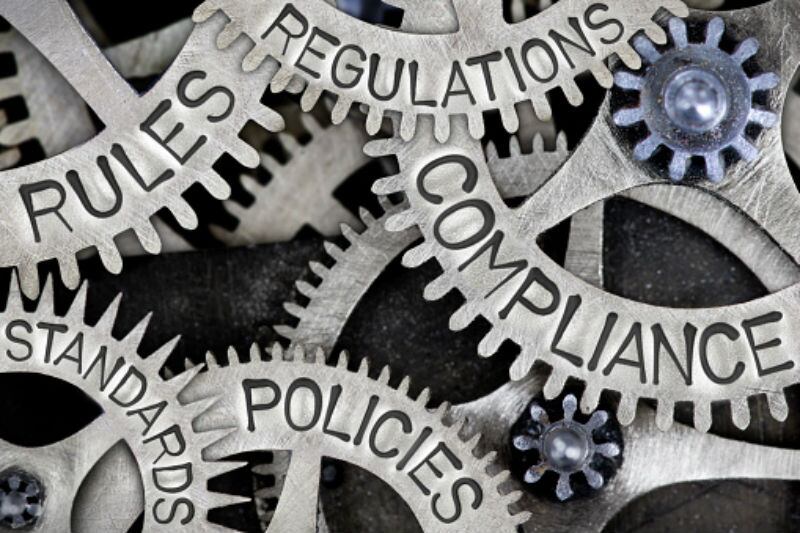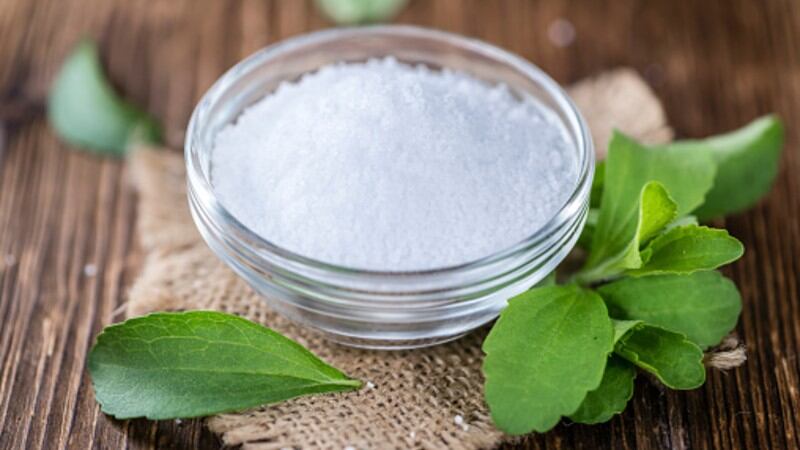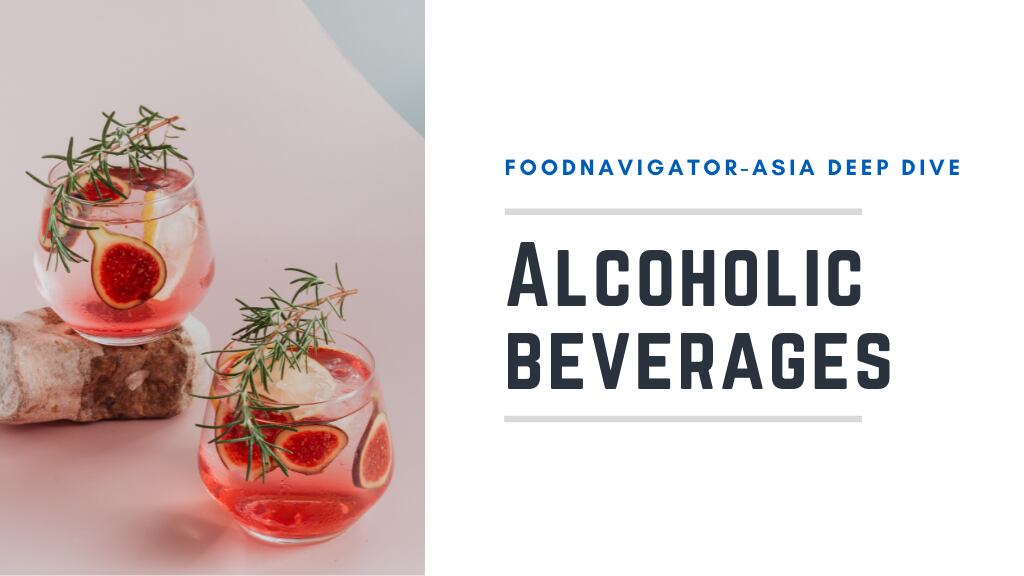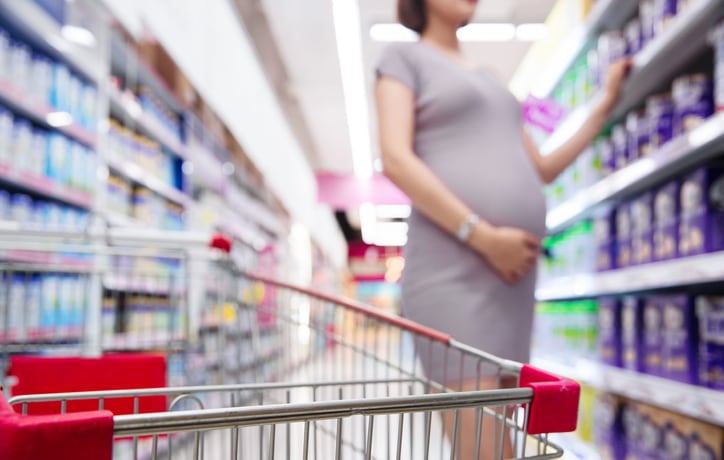Dairy divide: South Korea urges local industry to ‘clarify their misconceptions’ about new policy
The South Korean government’s grand plans to overhaul local dairy policies and pricing systems have been met with major pushback from industry groups and confusion from farmers, with the ministry in charge calling on detractors to ‘clarify their misconceptions’ instead of opposing ‘progress’.
The local Ministry of Agriculture, Food and Rural Affairs (MAFRA) has been attempting to make several major changes to the local dairy sector since 2020/2021 in light of rising dairy consumption in the country but severely decreasing local dairy self-sufficiency over the past 20 years to meet this, resulting in an increased reliance on dairy imports.
MAFRA’s Livestock Policy Bureau Director Park Bum-soo proposed a differential pricing system for raw milk and processed milk at a high level meeting with industry leaders last year hoped to improve profitability, local production and self-sustainability, which was met with mixed reactions by the industry.
Show us the science: Japanese firms told to prove product safety to gain new packaged food licensing exemptions
The Ministry of Health in Japan has urged local food manufacturers to provide scientific evidence and proof of their products’ food safety credentials if they want to take advantage of new licensing exemptions for 19 food categories.
Japan’s Ministry of Health, Labour and Welfare (MHLW) recently announced that 19 new types of processed food products undergone successful reviews by the ministry and been designated exempt from the need to apply for and obtain a specific sealed packaged food manufacturing license from the prefectural governor.
This sealed packaged food manufacturing license applies to businesses producing foods that are sold in a sealed packaged format but do not need to be frozen or refrigerated, due to a potential risk of developing microbial contamination e.g. by Clostridium botulinum or the botulinum toxin.
Previously, only two types of food products had received this exemption in Japan, namely vinegar and honey, but after receiving multiple industry applications, MHLW revised this to include 19 other categories including brown rice, milled rice, wheat, coffee beans, tea, granular/powdered foods, toasted seaweed and more.
For infant formula: FSANZ seeks public comment on use of 2’-FL produced via new GM strains
Regulator Food Standards Australia New Zealand is seeking public comment on the use of 2’-O-fucosyllactose (2’-FL) produced using new genetically modified (GM) strains in infant formula products.
A human milk oligosaccharide (HMO), FSANZ approved 2’-FL for voluntary use in infant formula products and formulated supplementary foods for young children in Dec 2019.
The approved 2’-FL is produced via microbial fermentation using genetically-modified Escherichia coli (E. coli) K12 production strain SCR6.
This time round, the 2’-FL in question is also produced via microbial fermentation – but using E. coli BL21 strains.
Clear of nuclear? Japanese government urges support for UK’s proposed lift of Fukushima import restrictions
Japan is hopeful that the United Kingdom will lift bans on food imports from Fukushima following a positive risk assessment report, citing the benefits of reduced trade barriers and lower costs for the food sector.
The UK recently published a risk assessment report in December 2021, on the possible radiological risk to public health from consuming imported Japanese food if radiocaesium levels were removed, indicating that it was looking at lifting bans on foods imported from areas in Japan affected by the Fukushima nuclear disaster back in 2011.
The results of the report were very positive in favour of Japan – although the UK’s Food Standards Agency (FSA) did not outright recommend that the bans be abolished, it concluded that removing this limit would not cause increased risk to public health.
“The conclusion of this risk assessment is that the removal of the 100 Bq/kg maximum level on radiocaesium for imported Japanese food would result in a negligible increase in dose and any associated risk to UK consumers,” said the FSA via a formal statement.
Five need-to-know regulations on the agenda to impact the APAC food industry in 2022
From new hemp regulations in India, to Singapore’s sugary beverage control policy, and plant-based labelling in multiple countries, we bring you five must-know policies and regulations that look set to have a significant impact on the Asia Pacific food and beverage industry in 2022.





